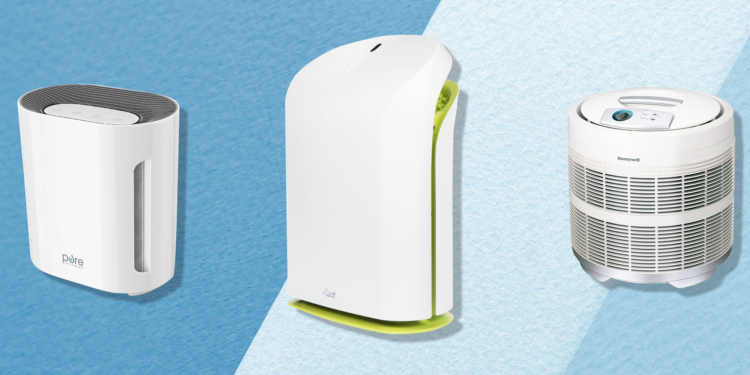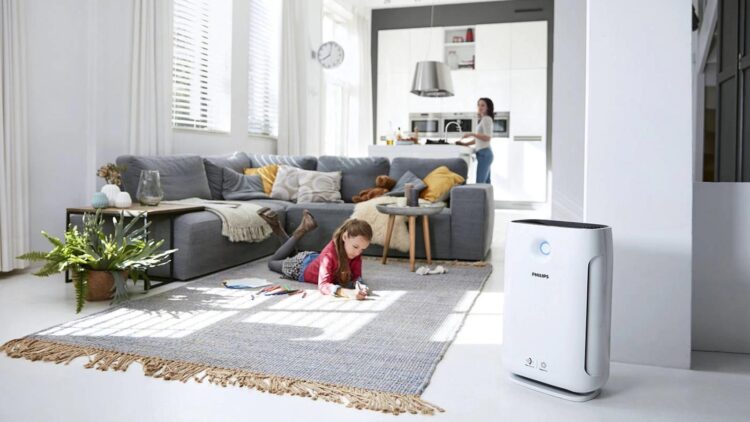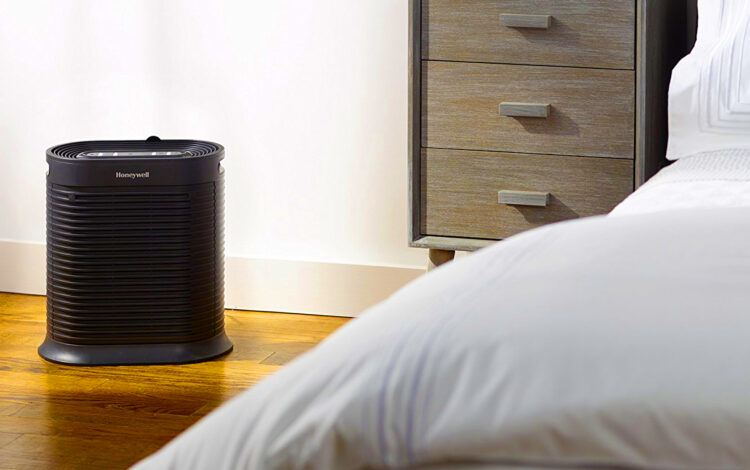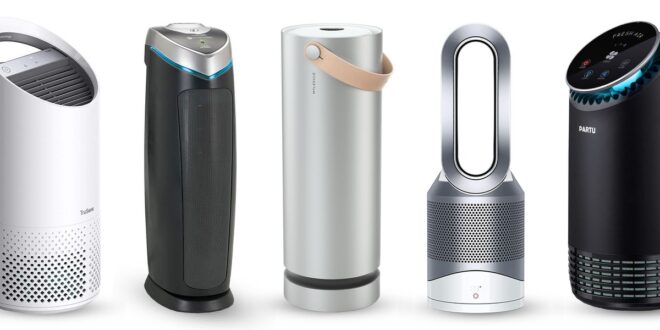Many people spend a lot of time inside, whether in the office, at home, or in other places, but when most of them think of outdoor pollution. However, various pollutants such as dust, pollen, dangerous gasses, bacteria, viruses, and dust mites can also be found indoors. This is something people should be aware of and as equally concerned about, if not more.
Quality, clean indoor air is essential for health and our quality of life and it is important to control it to reduce the risk of any health-related issues. One way individuals can do this comes in the form of air purifiers and by integrating such technology into homes or workplaces, one can eliminate the need to worry about any harmful substances being present in their space. So here is everything you need to know about them, as well as the advantages they have to offer.
What They Are

As the name suggests, these devices clean the air by trapping contaminants such as dust, bacteria, dust mites, pollen, and viruses, but specific models can also capture mold spores, toxins, chemicals, and certain odors. Not all of them are created equally, meaning that different kinds come with distinct features and can be used to serve different purposes and some capture pollutants much better than others. However, all of them will supply your indoor space with fresh, clean oxygen.
How They Work
For purification, these machines utilize a fan and one or multiple filters. The impure air gets pulled in by the fan and released back into the room in its pure form. As it passes through the filter, the harmful substances are captured by it.
Types
HEPA – These filters are usually made from fiberglass and can capture particles larger than 0.3 microns – the human eye can see ones larger than 10. This makes them highly effective for removing about 99.97% of mold spores, pollen, dust, and dander, but do not get rid of odor, viruses, germs, or fumes.
Ultraviolet – Utilizing a UV light, the filters are perfect for destroying any pathogens in your home, as well as microbes, viruses, or bacteria.
Activated Carbon – If you are a person who is sensitive to smells or smoke, this would be a great option since it does a good job eliminating gasses, odors, smoke, and fumes and is also the only type to do this. Machines that have it, usually include HEPA filters too, meaning they will get rid of pollutants at the same time.
Ionic – They work without a motor which makes them extremely quiet, but are less effective than other devices because they do not necessarily clean the air. These appliances operate by charging neutral particles and turning them into positively or negatively charged ones. The opposites attract one another, clumping together, and once they become too heavy, they drop to the ground or stick to walls or windows.
As you can see, there are a few types to choose from, each coming with its own set of advantages and drawbacks. Consider what you will be using them for when deciding on the most suitable model for you. For more details about these different kinds, you can visit www.olansi.net.
The Benefits

Eliminates Allergens
Numerous particles such as dust, dander, and pollen can trigger an allergic reaction. Having watery eyes, a runny nose, and sneezing a lot can be quite frustrating and uncomfortable, but these machines will eliminate all foreign substances, reducing the risk of allergies. This is also great for people who suffer from asthma or have other breathing problems.
Gets Rid of Odor and Smoke
Even when you keep your home spotless, sometimes it might have a distinctive odor, especially if it’s older. This can be embarrassing and uncomfortable, but getting the right type of purifier will get rid of any nasty smells. It also absorbs cigarette smoke which is particularly perfect for passive smokers, especially if they are young.
Keeps Your Family Healthy
Since these devices can kill harmful micro-organisms such as germs, bacteria, viruses, and microbes, they greatly reduce the chances of catching a cold or flu, especially during winter.
Eliminates Mold Spores
Of course, mold poses a health risk and as such needs to be removed from a house as soon as it is detected. However, this requires you to move out until the problem is solved and it can be an expensive, time-consuming process. Instead of having to fix the issue, you can prevent it before it occurs.
Destroys Volatile Organic Compounds
Many of these compounds are volatile, carry carcinogens, and are dispersed in the air as vapor. VOCs can be found in numerous things throughout the house such as air fresheners, aerosols, wall paint, furnishings, and many more. Purifiers that have activated carbon filters are especially great for absorbing such substances.
Keeps Your Home Cleaner
These appliances get rid of dust, pollen, and dust mites, so they greatly reduce dust pile-up on your furniture and around your home. Of course, you will still need to clean it, but the amount will be significantly reduced.
Things to Consider When Choosing One

Purpose
This is the first thing you should decide since different types of filters have different benefits. Although devices with HEPA filters are the most efficient, you might want to pick another one that better eliminates odors, fumes, and smoke, especially if you are extremely sensitive to chemicals.
Size
The size of the machine will depend on the square footage of the room you are placing it in and you should also consider its air change per hour if you are easily susceptible to allergic reactions. You can pick a small, medium, or large-sized purifier, or opt for a whole-house model.
Placement
When determining where to place the machine, you should put it in the space your family spends the most time in since most of the models have the capacity to purify only one room at a time. This means that you will have to invest in additional units if you want to use it in other parts of your house or you can purchase a whole-house one which can be a little more expensive, but will provide clean air throughout the entire home.
Maintenance and Upkeep
Certain filters need to be changed often, others every six months, and some can last up to a year. Be aware of the frequency and cost of future replacements and take them into consideration when choosing your model.
Conclusion
These devices are great for improving indoor air quality, ensuring your family’s health, and keeping your home clean. Find a type that is optimal for your home and enjoy the numerous advantages it has to offer.
 Hi Boox Popular Magazine 2024
Hi Boox Popular Magazine 2024



